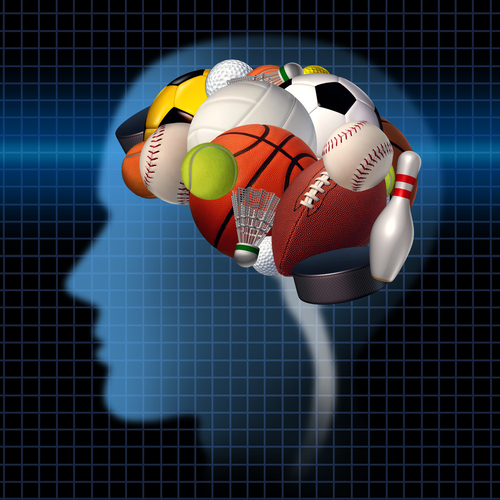Benefits of sports psychology for today’s athletes

Khevna.P.Shah, INN/Bangalore
@Shahkhevna1, @Infodeaofficial
In the current era we are living in, sports has become a competition just like education. Everyone is in the race risking their mental and physical health to win the prize. But sadly many athletes think sports psychology is only for those who have mental issues and fail to see how it would improve their performance as well. Resulting in the athletes turning towards more physical training or practice, which often breaks down their bodies causing performance to actually suffer.

Sports psychology gets a bad rap at times. Some athletes think something needs to be wrong in order for them to get benefits from mental training. But that’s not all Sports psychology does.
Sports psychology can definitely get the sportsperson back on target if they’re experiencing difficulty with competitive play, but when the sports psychologists utilize mental training to enhance little things in their mental game, then the sports psychologists will be able to take their game to a whole new level.
Just as it is necessary to condition the athlete’s body to prepare for the rigors of competition, mental training provides the necessary mental preparation for the psychological challenges of sports.
Mental training can clear their mind, which helps them to focus on their tactics, strategy, and plays right. When the athletes are competing at peak mental and physical levels, they are more apt to rise to the level of their potential.
Sports psychologist Dr. Jim Bauman, who has mentally trained Olympic athletes and Navy SEALS, compares athletic performance to the performance of a computer.
He says, “I have often compared elite athletic performance to our modern-day computer systems—it’s similar in terms of hardware, software, and disk operating system (DOS). Hardware is your body below the chin, the software is your body above the chin or your brain, and your DOS is the operating system that makes your body and brain work together.”
“All three components are necessary for the system to work at maximum potential. All three need to be at increasingly higher levels to keep up with the industry, whether that’s the field of computers or human performance. Athletes who work on and improve their hardware, software, and operating systems will far outperform athletes who focus on just one system.”
What do Sports psychologists do?
- Improve focus and deal with distractions.
Many athletes have the power to concentrate, but often their focus is displaced on the incorrect areas like when a batter thinks “I got to get a hit” while in the batter’s box, which may be a result-oriented focus. Much of the instruction on focus deals with helping athletes to stay focused on the present moment and let go of results.
- Grow confidence in athletes who have doubts.
Being in doubt is the opposite of confidence especially when a game is going on. If the athletes maintain many doubts before or during their performance, this means low self-confidence or a minimum of sabotaging the arrogance that they had at the beginning of the competition. Confidence is what’s called a core mental game skill due to its importance and relationship to other mental skills.
- Develop coping skills to affect setbacks and errors.
Emotional control may be a requirement to urge into the zone. Athletes with very high and strict expectations have trouble dealing with minor errors that may be natural occurrences in sports. The sports psychologists help them to cope up with these expectations and also help athletes stay composed struggling and once they commit errors or become frustrated.
- Find the proper zone of intensity for your sport.
Intensity is used in a broad sense to identify the level of arousal or mental activation that is necessary for each person to perform his or her best. But this varies from person to person and from sport to sport. Feeling active and positively charged is critical, but not getting over-excited is also important. It is crucial to tread a fine line between being excited to finish, but not getting over-excited.
- Help teams develop communication skills and cohesion.
A major part of sports psychology and mental training helps teams improve cohesion and communication. The more a team works as a unit, the higher the results for all involved.
Sports psychologists just don’t restrict till Olympic level athletes, they work in school and college sports teams as well. Mental health is as important as perfect physic. India has a limited scope of sports psychology, but with growing impotence in the field of sports, there might be a bright future for sports psychologists.





With every thing which seems to be developing inside this particular subject material, your points of view are somewhat refreshing. Nonetheless, I beg your pardon, because I can not subscribe to your whole idea, all be it exciting none the less. It seems to me that your remarks are not completely validated and in fact you are generally your self not wholly certain of the assertion. In any event I did appreciate reading through it.